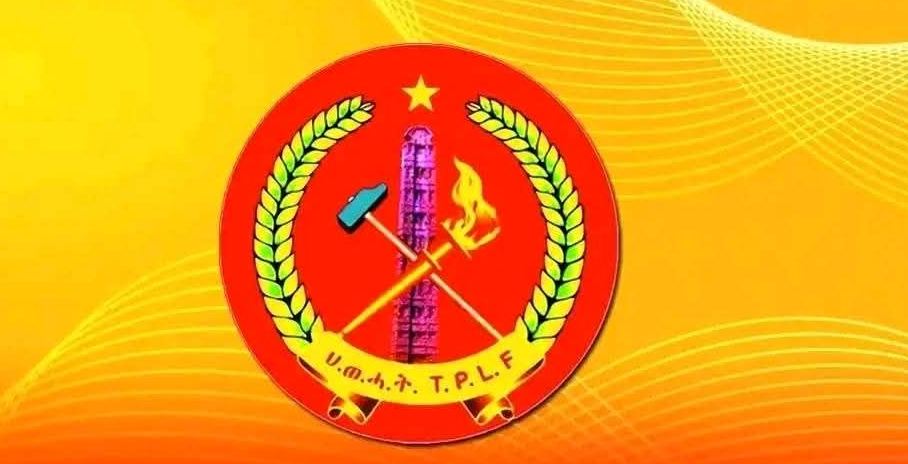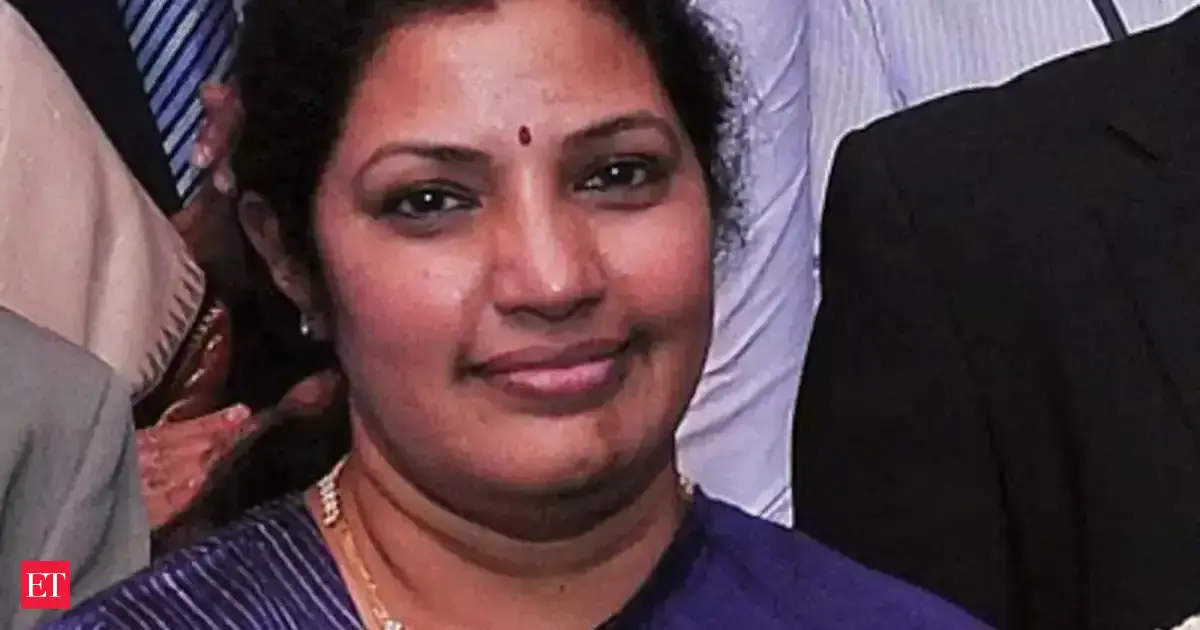Copyright ethiopia-insight

Abrar Fitwi’s “National Unity for Survival: From Words to Action” calls for reform within Tigray’s governing and political structures. His argument is clear: the new “unity for survival” campaign of the Tigray People’s Liberation Front (TPLF) will remain hollow unless it is matched by institutional renewal—reform of the party’s program, leadership integrity, an impartial army, and independent institutions. It is a sober diagnosis of Tigray’s postwar paralysis and a plea for correction. Yet Abrar calls for reform within the TPLF. But the crisis demands reform beyond the party—a systemic transformation that separates state from party and restores democratic legitimacy.The strength of Abrar’s reformist tone is also its weakness. His essay does not interrogate the political premise on which it stands—the assumption that the TPLF remains the indispensable vessel through which renewal must pass. By accepting the party’s framing of “unity” as a starting point, Abrar risks reproducing the very logic he wishes to repair. His reform argument becomes introspective rather than transformative; it refines the grammar of the old order without rewriting it.For decades, the TPLF has perfected the performance of self-critique while resisting structural change. Every cycle of renewal has ended in the same choreography—diagnosis, declaration, delay. Abrar’s argument, though more honest than the party’s slogans, still moves within that closed circuit. It imagines reform as an internal moral correction, not as a societal re-foundation. In doing so, it underestimates how deeply the crisis of legitimacy runs and how little space remains for institutional rehabilitation from within.Reform, as Abrar envisions it, may seem pragmatic, but in practice it would consolidate the very actors responsible for the paralysis he describes. By adopting the TPLF’s own language of “unity” as the conceptual frame, he grants the party a second life through rhetoric. The call for reform thus becomes not an instrument of rupture, but a strategy of survival—an echo of continuity expressed in the cadence of change. Behind the polished tone of this essay lie four crumbling pillars: Legitimacy, accountability, reform, and erasure. The Fallacy of Legitimacy Abrar writes as though the TPLF remains the natural axis of Tigray’s political destiny. This assumption is not only erroneous—it is dangerous. Legitimacy is not inherited through history; it is renewed through accountability. The TPLF forfeited both moral and political legitimacy long before deregistration. It presided over a system that replaced civic trust with surveillance, pluralism with obedience, and self-critique with self-glorification. A party that could neither prevent the devastation of its people nor confront the magnitude of their suffering has no mandate to summon them now in the name of unity. When unity becomes a substitute for truth, it ceases to be moral; it becomes manipulative. Abrar’s vision of “national unity” is not a path forward but a march backward—to the very order that suffocated Tigray’s public life. History does not grant revival to those who refuse repentance. The TPLF’s overacrching political power is gone—not in the sense that it has vanished entirely, but in the sense that it no longer commands the governing authority or public legitimacy it once held. In his latest interview, Sebhat Nega, the founding and ideological father of the TPLF, made a striking admission: “We cannot say the party is dissolved, but it has been fundamentally weakened”. The war fundamentally altered the party’s image. What remains is not a governing body but a residual elite, clinging to influence through networks of patronage and nostalgia. The proliferation of new parties in Tigray further signals the public’s desire for alternatives and the erosion of the TPLF’s monopoly on political imagination. The Inversion of Accountability Abrar laments Tigray’s internal division, mistaking symptom for cause. The disease is impunity. For three decades, the TPLF built a command-and-control system that elevated loyalty above law and punished independent thought. The infamous 1-to-5 network, designed to monitor citizens in every neighborhood, was not a tool of cohesion—it was an instrument of control. What is striking in Abrar’s piece is not what he argues but what he forgets. Abrar said “Tigray desperately needs unity”. But what value does unity hold if it’s not accompanied by accountability for the war? The defining rupture within the TPLF leadership in 2025 emerged when Getachew Reda, the former President of the Interim Administration of Tigray, and several senior TPLF officials called for a comprehensive internal evaluation. They insisted that before convening any general assembly, the party must first examine its defensive structure and leadership failures before and during the war. This proposal, aimed at accountability and institutional renewal, was flatly rejected by Debretsion Gebremichael’s faction, Abrar asks for reform without confessing failure. He invites people to move on while the graves of tens of thousands remain uncounted. The war’s toll—its displacement, famine, and trauma—has yet to be meaningfully documented by the very leadership he seeks to rehabilitate. The tragedy is compounded by the complicity of scholars and policy experts who have, for years, translated repression into the sanitized language of “developmental statehood” and “institutional resilience”. Even now, many of them reemerge as moral reformers, calling for “renewal” while avoiding the word responsibility. Such intellectual laundering is not scholarship; it is survival strategy. A society cannot heal through selective amnesia. Tigray’s path to renewal begins not with another party congress but with a collective audit of truth—an acknowledgment that silence, more than speech, enabled its suffering The Myth of Reform Abrar’s implication that the TPLF can reform itself is the most untenable of his claims. Every internal attempt at transformation has been crushed by the party’s own antibodies. When Getachew introduced even modest media liberalization, he was removed. When younger cadres advocated transparency, they were sidelined. Reform is impossible where accountability threatens survival. The party’s structure is not malfunctioning; it is functioning exactly as designed: To protect itself from change. Abrar’s insistence on “renewal” repeats an old illusion—the idea that leadership can simply rotate among loyalists and call it reform. This critique can be further reinforced by citing specific failed reform attempts or public reactions to recent TPLF campaigns—evidence that the public no longer sees the party as a credible reformer. For instance, the removal of reform-minded figures like Getachew or the opaque leadership transitions—such as replacing Beyene Mikru with Abraham Tekeste—are not signs of reform but of ritualistic continuity. Public disillusionment with these maneuvers underscores the depth of the legitimacy crisis. To claim that such a party can deliver Tigray’s unity is to ignore its genetic code. The TPLF’s political DNA is incompatible with pluralism. Its language may evolve, but its logic—control through fear, legitimacy through victimhood—remains intact. Reform requires surrendering power, and this party has never surrendered anything voluntarily. The Politics of Erasure Perhaps the most revealing aspect of Abrar’s essay is what he refuses to confront. He avoids any mention of the TPLF’s collaboration, tacit or explicit, with Eritrea’s regime—the same Shabia whose troops ravaged Tigray’s towns, desecrated its sanctuaries, and humiliated its people. To erase that episode is not prudence; it is complicity. Abrar rightly emphasizes the need for independent institutions, noting that “The interim government is scheduled to end in six months. A credible election requires independent institutions. If we do not plant these seeds now, we cannot reap their fruit later.” While this vision is essential, it cannot be realized in a political vacuum. Institutional independence grows from stability, legitimacy, and a functioning transitional framework. Under the Pretoria Agreement, the Interim Regional Administration—despite the TPLF’s manipulation—remains the only legally and politically recognized structure capable of steering this transition. To dismiss it is to undermine the very process through which credible elections and institutional renewal can emerge. The task for any principled Tigrayan, therefore, is not to abandon it, but to restore public trust and democratic legitimacy through it. Such erasure is not accidental. It is the deliberate continuation of a political culture that survives through selective memory. The victims of Tigray’s tragedy are invoked only when useful; otherwise, they remain invisible. The living are lectured on “discipline” while the dead are denied remembrance. This is not unity—it is moral vandalism. Scholarly Custodians of Decline The crisis in Tigray is not solely political—it is also intellectual. For decades, a network of scholars, consultants, and media figures closely aligned with the TPLF helped shape and shield its authoritarian governance. Through academic language and institutional platforms, they translated control into the language of competence, legitimizing one-party dominance and suppressing dissent. This intellectual class played a crucial role in sustaining the regime’s image, often occupying influential positions in universities and media outlets. Tigray Media House (TMH), once a trusted source of information, lost public confidence due to its perceived proximity to the party. Its decline mirrors the erosion of trust in the institutions it once represented. Abrar was board chairman of TMH and was vice-president of Mekelle University decade ago. No one assumes that position unless one is a member of the party. Post-war, many of these voices have re-emerged as reformists. While their engagement is welcome, it must be accompanied by accountability. Rebranding without reckoning risks repeating the same patterns under new slogans. The call here is not to discredit academia, but to demand intellectual honesty. Those who helped rationalize oppression owe society more than analysis—they owe reflection, transparency, and, where appropriate, apology. A Strategy for Truthful Unity If unity is to have any meaning, it must begin with truth, not slogans. Tigray’s renewal will not emerge from the tombs of failed movements but from the civic courage of its people. A new political grammar is required—one that subordinates party to principle, and survival to justice. Four imperatives define that future: Public Accounting: Launch a transparent, independent inquiry into wartime atrocities, economic plunder, and governance failure. Truth must precede reconciliation. Institutional Renewal: Strengthen the Interim Government as a neutral administrator capable of organizing credible elections untethered from any partisan command. Justice without Exception: Establish transitional-justice mechanisms covering all actors—federal, regional, and foreign—to end the generational cycle of impunity. Economic De-partisanization: Dismantle the fusion of political and commercial power. The oligarchic web of military and economic interests must be broken if democracy is to breathe. These are not aspirational checklists; they are preconditions for survival as a polity. The TPLF’s political power and institutional structure are not merely weakened—they are irreparably deformed. No rhetorical CPR can revive them. What persists is not a party capable of reform, but a long-embedded politico-military oligarchy—a self-protective network of privilege, patronage, and nostalgia—still masquerading as leadership. To rebuild Tigray, this oligarchy must be dismantled with the same determination once reserved for liberation. Unity cannot be built on the ruins of unreformed power. It must be rooted in truth, accountability, and a clean break from the structures that caused the crisis. The party is too deformed to be reformed. Only by recognizing this can Tigray begin the work of genuine renewal. Query or correction? Email us While this commentary contains the author’s opinions, Ethiopia Insight will correct factual errors. Main photo: TPLF Party Emblem, Source: TPLF Facebook Page Published under Creative Commons Attribution-NonCommercial 4.0 International licence. You may not use the material for commercial purposes.



